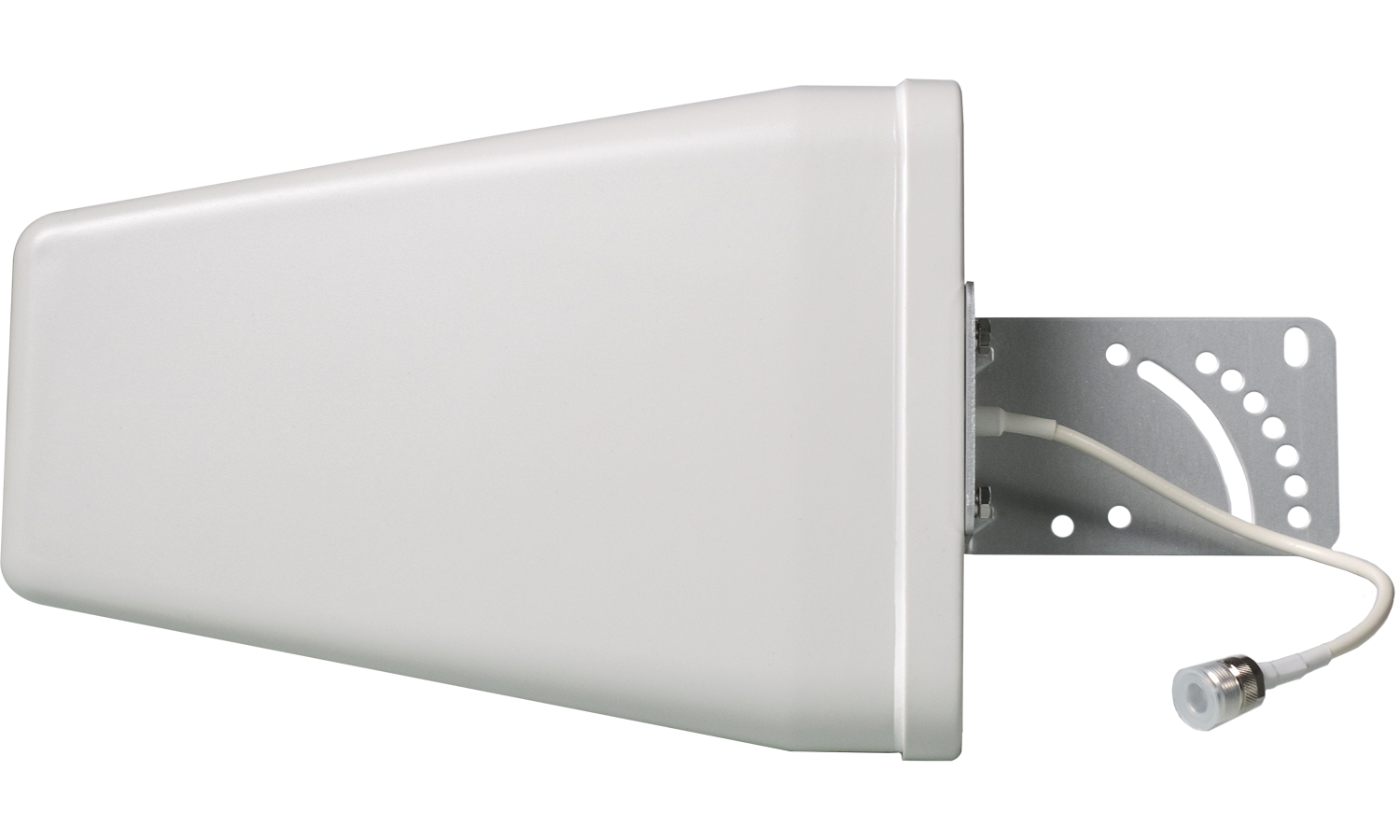FrozenNorth
New member
I have a cell booster right now that I'm using, a Sure call flare. It seems to work but having issues with the directional antenna (why can I never spell that word on the first try?). Basically when I'm in a park with a few cell towers the signal jumps from one tower to another and then I have to run outside and re-align and then an hour or two later it's back on a different tower and so on.
I'm thinking I might have better luck with an omni antenna instead. I understand range is a little less with omni vs directional but I've often had 4 or 5 bars with the booster plugged in so I can afford to lose a bar if it means a more stable connection.
Anyone have any product suggestions or tips?
I'm thinking I might have better luck with an omni antenna instead. I understand range is a little less with omni vs directional but I've often had 4 or 5 bars with the booster plugged in so I can afford to lose a bar if it means a more stable connection.
Anyone have any product suggestions or tips?

